Laurentia Tan, 29, who has cerebral palsy and profound deafness, won two bronze medals in equestrian earlier this week at the Beijing Olympics. Her first medal came in the Individual Championships Test grade 1A event.
Larentia received congratulations from Sports Minister Vivian Balakrishnan and Senior Parliamentary Secretary (Community Development, Youth and Sports) Teo Ser Luck. "Singaporeans, especially our youth and disabled community, should be inspired by her. We can live our dreams if we put our hearts and minds to it," said Teo.
Laurentia will also receive $25,000 from the Singapore National Paralympic Council through its Athletes Achievement Awards scheme.
Even if you are against the Foreign Sports Talent scheme, surely you cannot deny that at least one good thing has come out of Singapore winning the women's table tennis team silver at the Beijing Olympics last month.
And that is that the publicity generated by that achievement has created a nice momentum and platform for our Paralympians (all locals, mind you) and the Singapore Disability Sports Council (SSDC) to gain the public recognition and awareness of their sporting efforts that they have long deserved.
Personally, I am pleasantly surprised and heartened by the level of media coverage that has been given to the Paralympics and to our Paralympians this week. There have been a couple of brickbats in the papers asking why there is so little coverage of the Paralympics and why there aren't any live telecasts of the Games. To those who have written in to complain, I only want to say this: relax. Let's take it one step at a time.
True, our Paralympians are also deserving of recognition and praise for the amount of time and effort they put into achieving excellence in their respective sports. Hey, just because they are physically disabled in one way or another does not mean that they train less hard in their respective sports. Nor does it mean that their achievements are less noteworthy.
But hey, let's face it too: the amount of column inches and air-time devoted to their exploits in Beijing is definitely more than the coverage that has been given to them in the past three to five years.
When Theresa Goh won the 200m Individual Medley (SM5) event at the International Paralympic Committee (IPC) World Swimming Championships in 2006, her feat merited just a few paragraphs in most of the English daillies. Only The New Paper on Sunday wrote a two-page feature on her.
Laurentia's first bronze medal win was not only featured on the front pages of The Straits Times and Today, it dominated the first page of the sports sections in both papers.
I am hazarding a guess that previously, sports editors did not know what to make of disabled athletes or of the Paralympics. They had no idea of the sort of level and standards of competition that exists at the Paralympic level and as a result, found themselves grasping at straws on what sort of coverage they should give to the achievements of our disabled athletes.
I won't be surprised if some of them found themselves unintentionally and unwittingly comparing the achievements of disabled athletes to the able-bodied ones, even though they probably knew too, at the back of their minds, that such comparisons were unfair.
But all these mental barriers started to fall one by one when the likes of Oscar Pistorius (athletics), Natalie du Toit (swimmer) and Natalia Partyka (table tennis player) came along and showed that they were capable of more than just holding their own against their able-bodied peers in their respective sports.
South African sprinter Oscar Pistorius – nicknamed the Blade Runner for his carbon-fibre prosthetic legs – may have lost his fight to compete at the Olympics but the 11.17sec he clocked yesterday en route to winning the men's 100m is an awesome time.
To put things in perspective, it is even faster than some of our top junior sprinters and is just 0.37sec slower than the 10.73sec that Calvin Kang clocked at the Olympics.
Likewise, despite missing a leg, South African swimmer Natalie du Toit was still able to finish 16th out of 25 competitors in the women's 10km open water swim at the Beijing OLYMPICS.
And what about this? Polish teenager Natalia Partyka, born without a right hand and forearm, not only represented Poland in the women's table tennis team event at the Beijing Olympics, she even defeated our own Li Jiawei at this year's World Championships and took Hong Kong's world No 10 Tie Yana to five sets before losing.
To me, the current level of media coverage for the Paralympics is a very healthy sign for the future of Paralympic sports in Singapore. I would also like to think that the increased media coverage, and the increased public interest, are indications that we are gradually evolving into a more inclusive, kinder and gentler society.
Here's something for the Ministry of Community Development, Youth and Sports to seriously consider: if you really want to signal to the public that the Olympics and Paralympics are of equal importance to Singapore, that our Paralympians deserved to be seen as top-level athletes in their own right, then why not make next year's Singapore Sports Awards a truly inclusive one by honouring both our able-bodied and disabled athletes?
After all, everyone's a part of Team Singapore, right?
Even better still, break down the barriers by allowing our disabled athletes to vie for the Sportsman and Sportswoman of the Year Awards.
Theresa Goh – a contender for the Sportswoman of the Year Award?
Can you imagine what a massive public boost it will be for the status of disabled sports in Singapore to see either Laurentia or Theresa (or even both) competing with Tao Li and Feng Tianwei for the Sportswoman of the Year Award? Can you imagine the sort of powerful impact it will have on public mindsets?
Man, I would really love to see that happening.
Go for it, guys! Go for it, Team Singapore!

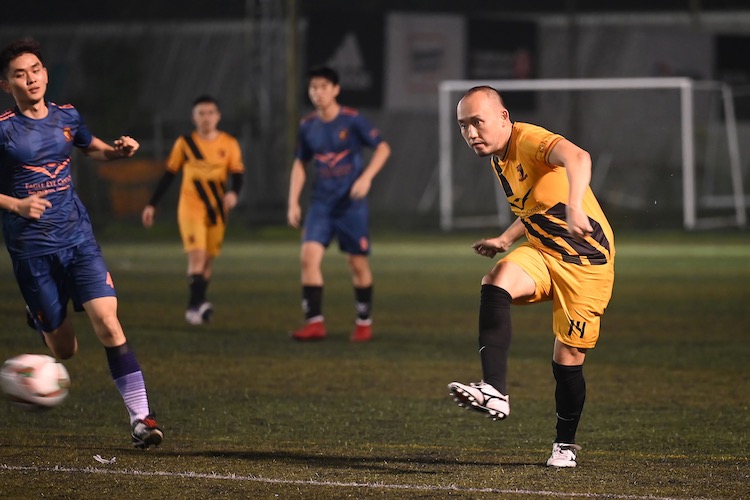
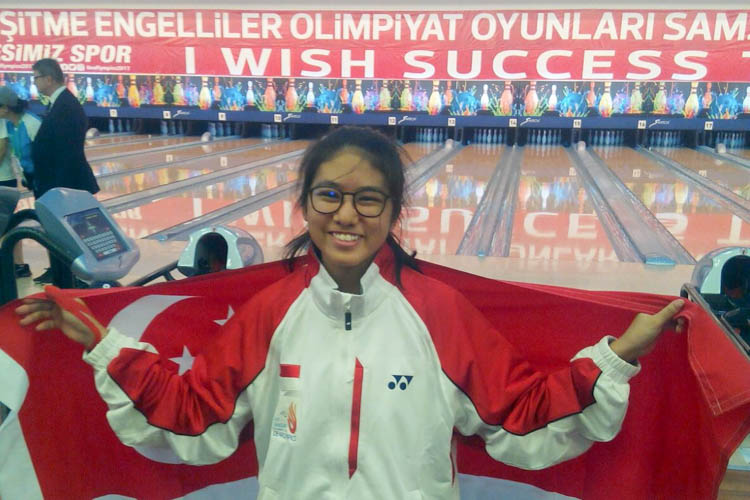
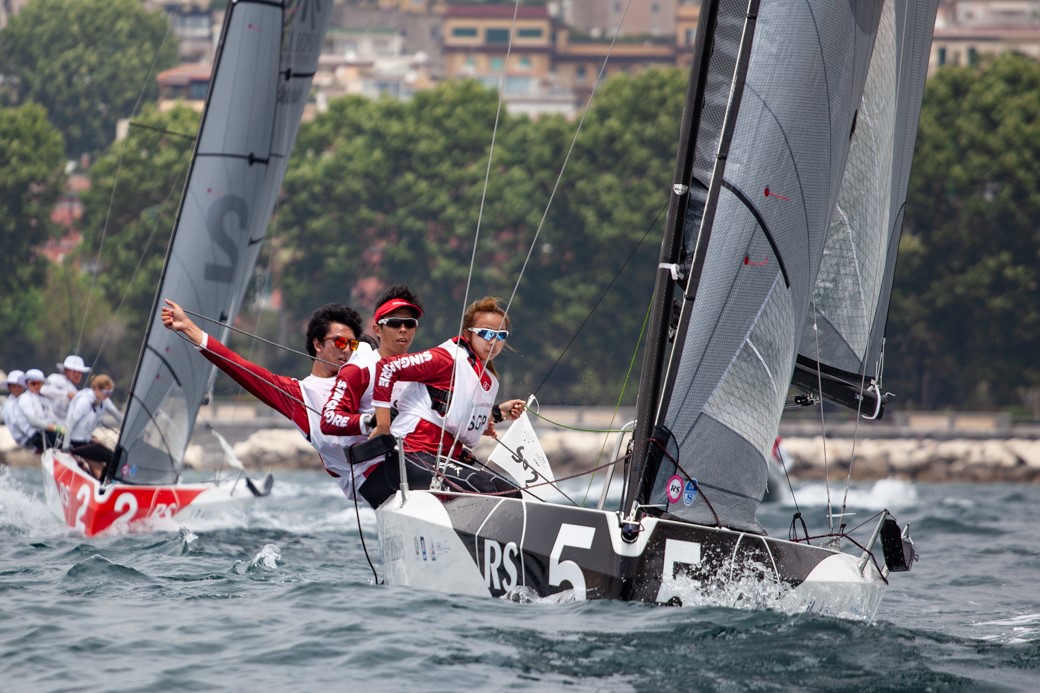
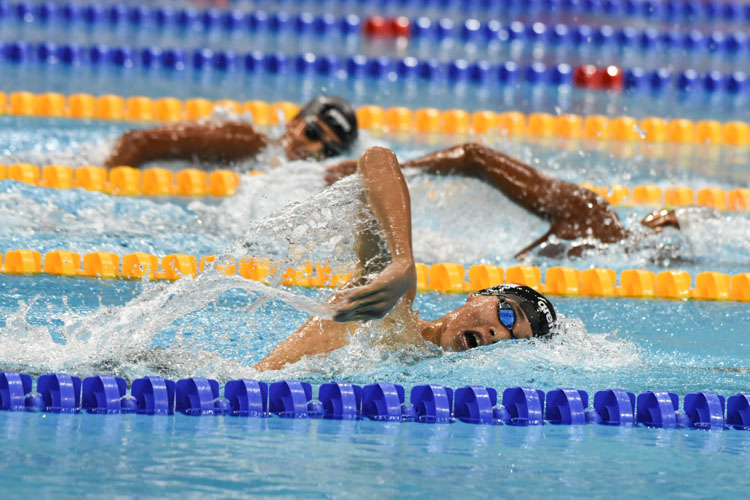
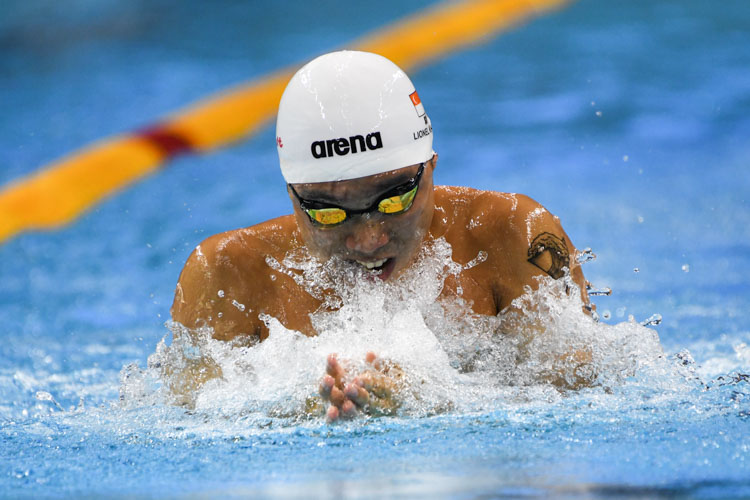
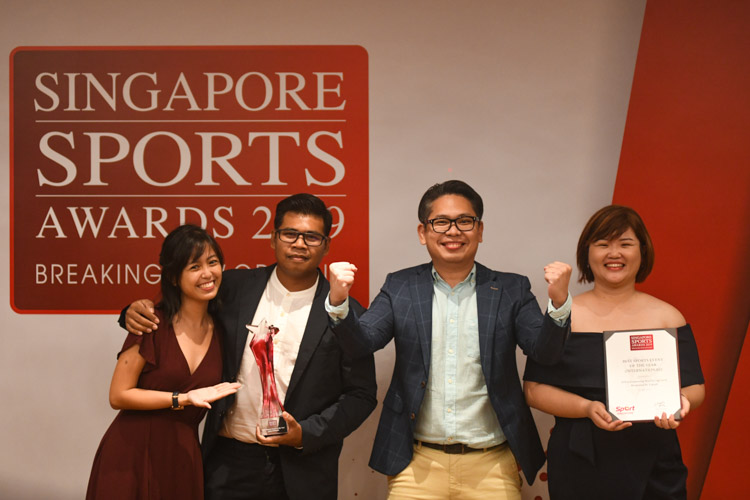
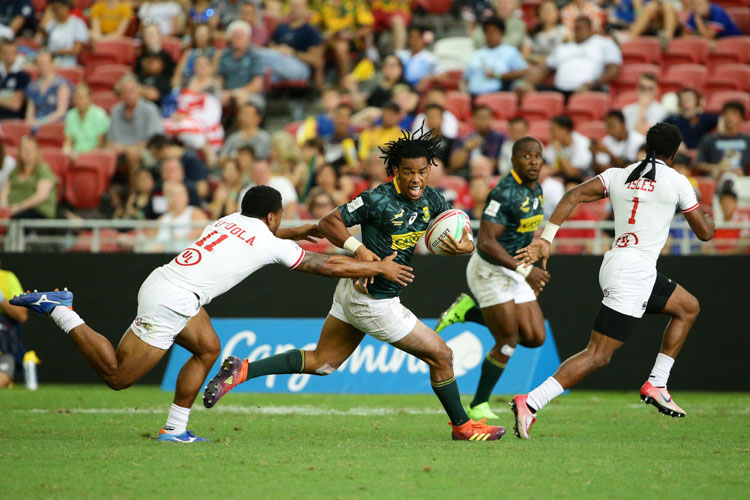
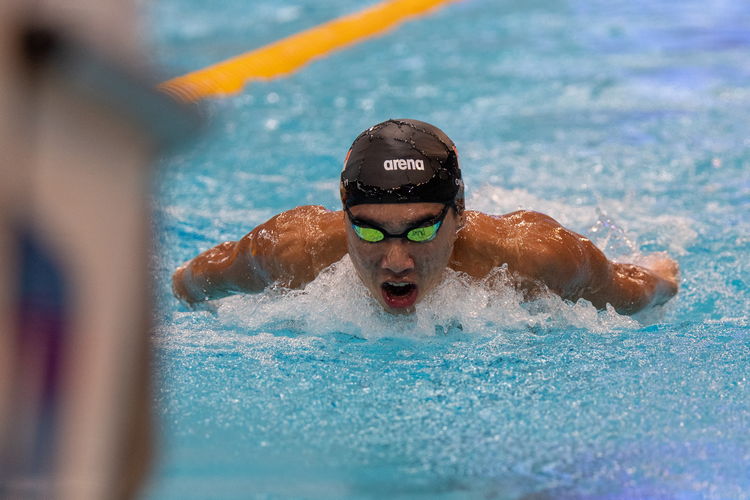
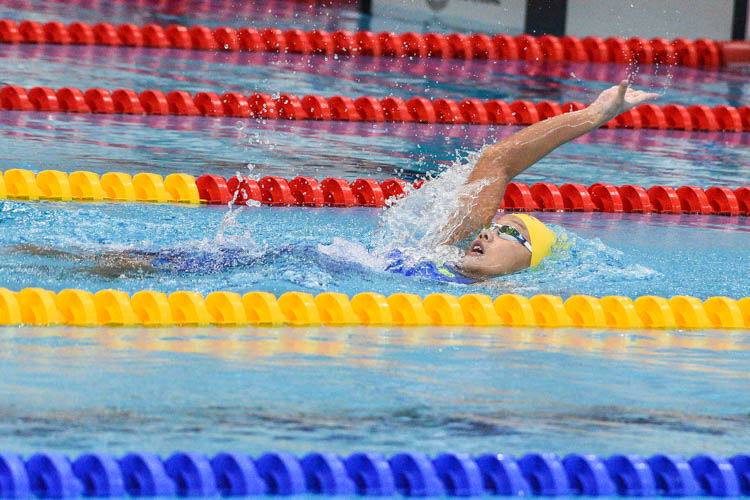
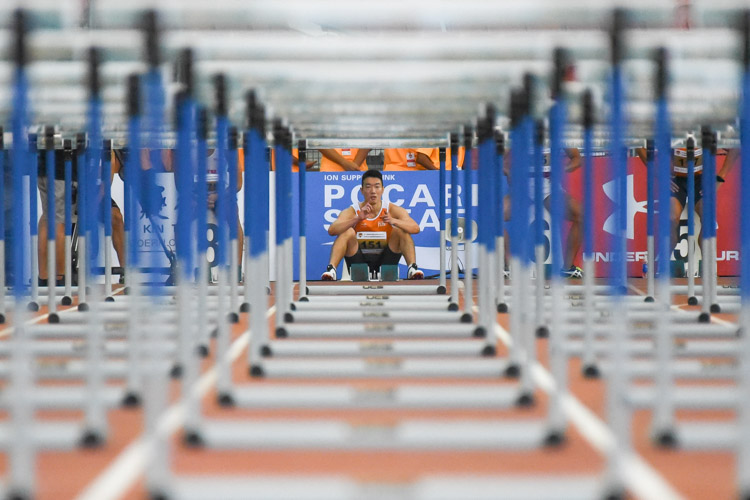
interesting letter to ST about this story : http://www.straitstimes.com/ST+Forum/Story/STIStory_277646.html